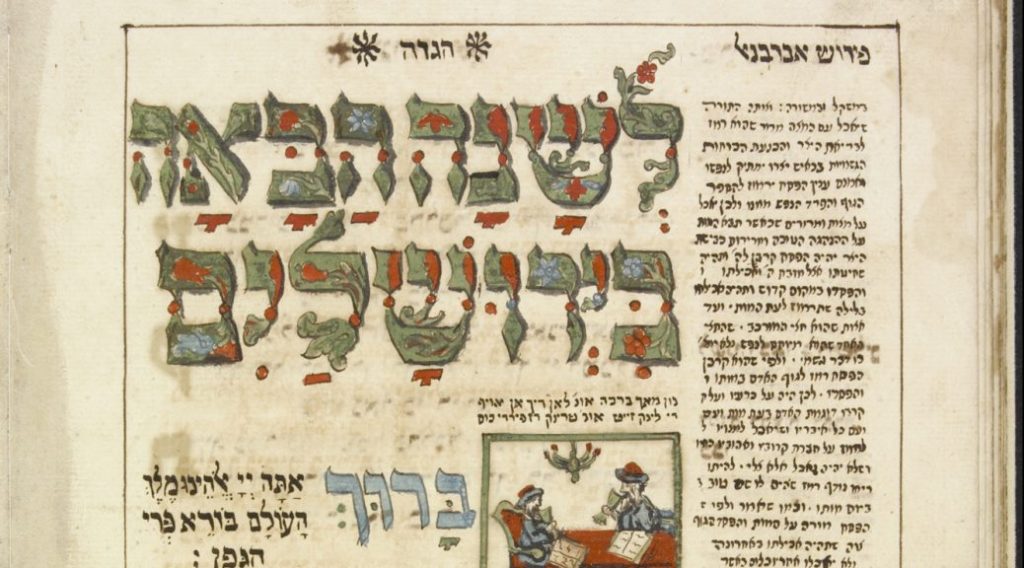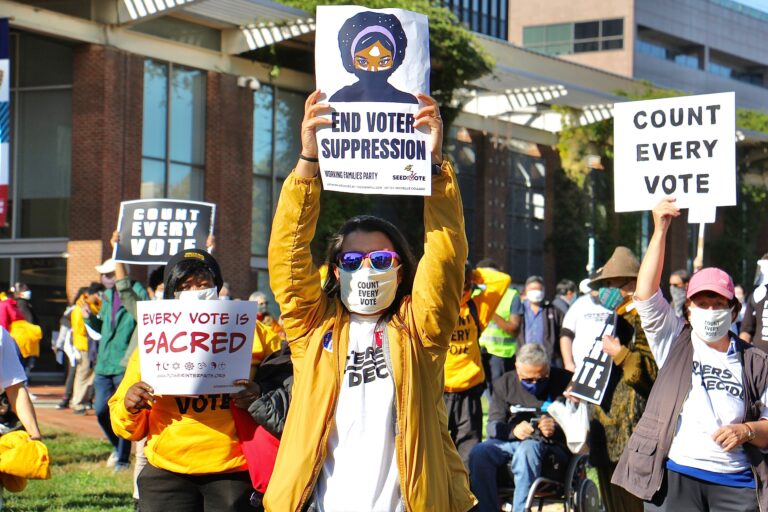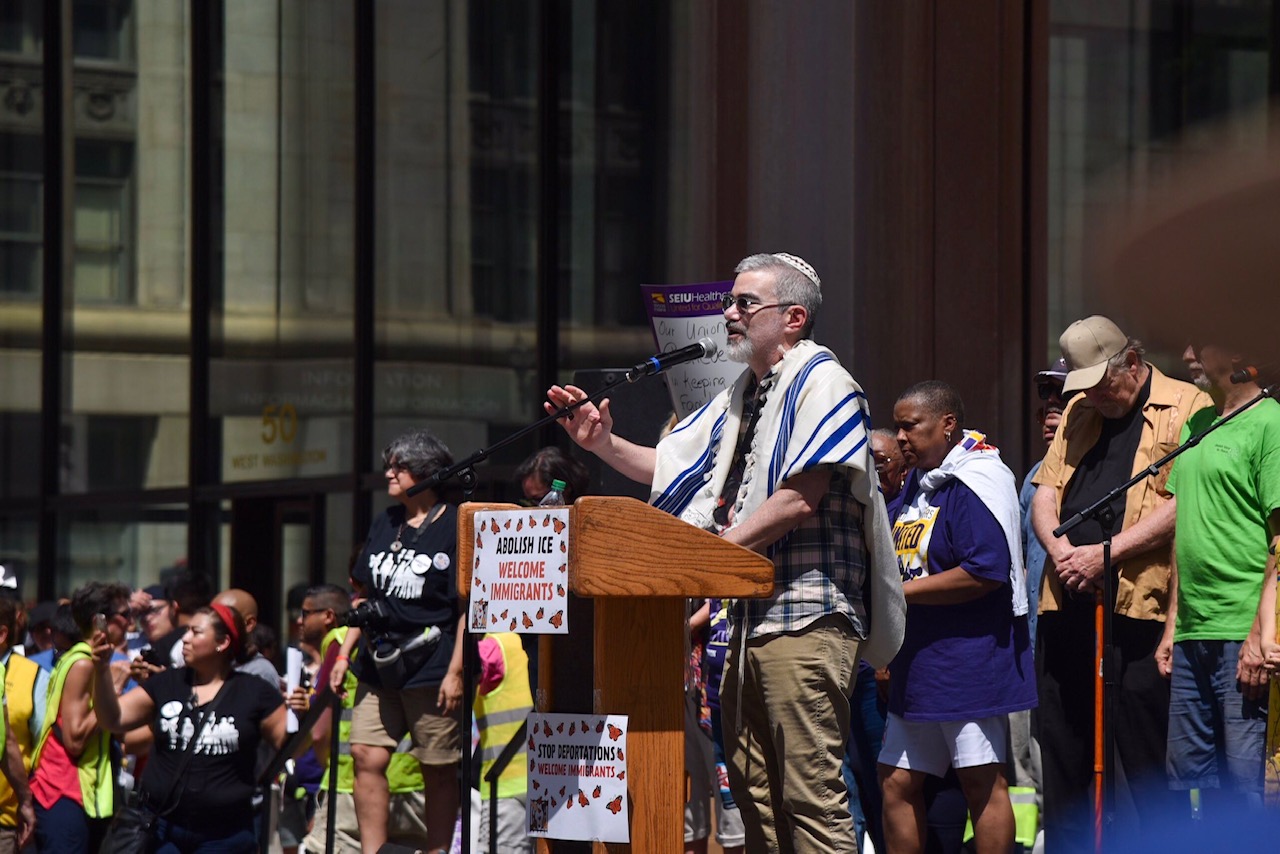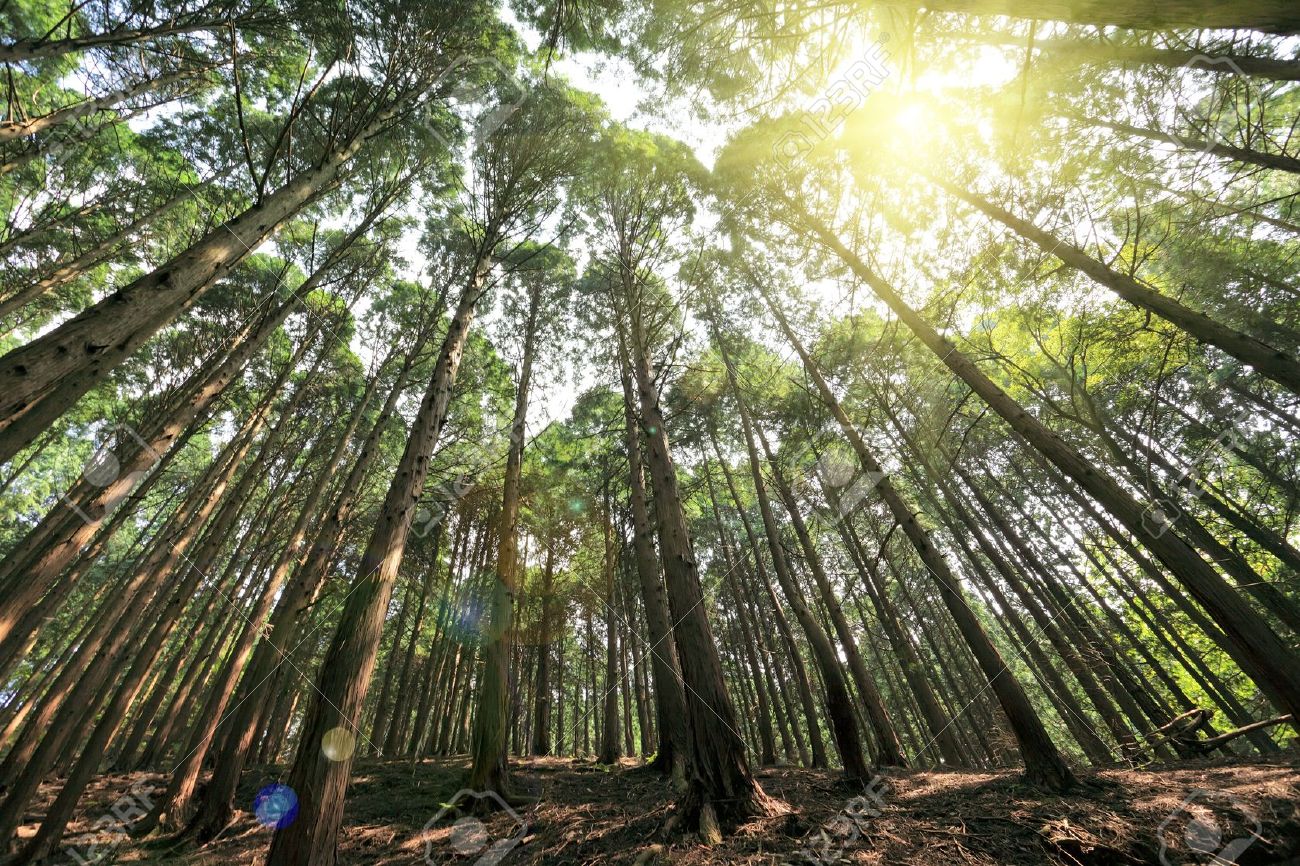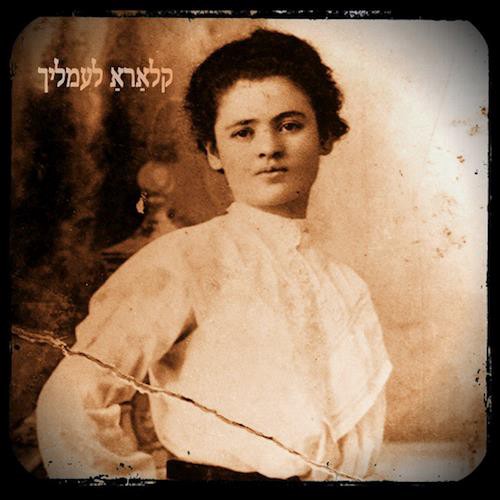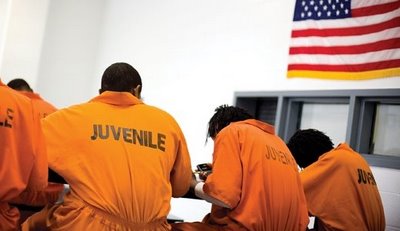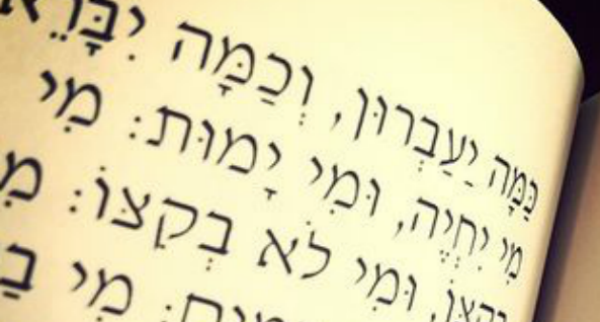
The U’netaneh Tokef prayer is one of the signature moments of the Rosh Hashanah service – the moment in which we invoke the image of a Book of Life for the coming year and ask a litany of versions of the question, “Who Shall Live and Who Shall Die?”
It often seems to me that this prayer is at its core a meditation on the randomness and precariousness of existence – a way of giving voice to our deepest fears over that which we cannot ultimately control in our lives and world.
However the kicker comes at the end: after all the uncertainty, we conclude by proclaiming “But repentance, worship and acts of justice can avert the harshness of the decree.” We do not – cannot – simply end on a note of fatalistic dis-empowerment. U’netaneh Tokef says, in essence, “yes, there is indeed harsh cruelness in our world – so what do we intend to do about it?”
After all, so much of what seems random in our world is in fact the blowback of our own actions, individual and collective. While it may be temping to simply throw up our hands and blame this cruelty on others – or the vicissitudes of a “random world” – the harder truth bids us to take a deeper look within, reckon with our own culpability, and think honestly about what we are prepared to do to make this new year one of peace, wholeness and justice for all.
Here’s a new version of the prayer that I’ve just written for the inaugural Rosh Hashanah service at my new congregation, Tzedek Chicago. Feel free to read and share:
U’netaneh Tokef
We say together:
We declare the terrifying power of this day,
this awesome, sacred day.
We hear the great shofar sounded once again.
We listen for the still, small voice in its wake.
We sing together:
בְּרֹאשׁ הַשָׁנָה יִכָּתֵבוּן וּבְיוֹם צוֹם כִּפּוּר יֵחָתֵמוּן,
B’rosh hashanah yikateyvun, uve’yom tzom kippur yeychatemun.
(On Rosh Hashanah it is written and on Yom Kippur it is sealed.)
We say responsively:
This is the season we dare to ask out loud:
who will live and who will die?
Who by famine and who by war;
who through oppression and who through neglect;
Who by weapons and who by dehumanization;
who through hatred and who through ignorance.
Who in the dark and who in the bright light of day;
who by passion and who by design.
We sing together:
בְּרֹאשׁ הַשָׁנָה יִכָּתֵבוּן וּבְיוֹם צוֹם כִּפּוּר יֵחָתֵמוּן,
B’rosh hashanah yikateyvun, uve’yom tzom kippur yeychatemun.
(On Rosh Hashanah it is written and on Yom Kippur it is sealed.)
We say responsively:
Who will benefit from power and who will be victimized by it;
who will dwell in safety and who will be uprooted.
Who will be targeted and who will be collateral damage;
who will escape and who will fall.
Who will be beaten down and who will rise above;
who will find peace and who will dwell in darkness.
Who will be protected and who will be vulnerable;
who will be counted and who will fall through the cracks.
We sing together:
בְּרֹאשׁ הַשָׁנָה יִכָּתֵבוּן וּבְיוֹם צוֹם כִּפּוּר יֵחָתֵמוּן,
B’rosh hashanah yikateyvun, uve’yom tzom kippur yeychatemun.
(On Rosh Hashanah it is written and on Yom Kippur it is sealed.)
We say responsively:
Who will be privileged and whose chances will be slim;
who will brought in and who will be cast out.
Who will be healed and who will not have access to healing;
who will be fed and who will go hungry.
Who will be loved and who will be despised;
who will reach out and who will turn away.
Who will written in and who will be erased;
who will succumb and who will fight back.
We sing together:
בְּרֹאשׁ הַשָׁנָה יִכָּתֵבוּן וּבְיוֹם צוֹם כִּפּוּר יֵחָתֵמוּן,
B’rosh hashanah yikateyvun, uve’yom tzom kippur yeychatemun.
(On Rosh Hashanah it is written and on Yom Kippur it is sealed.)
Together:
וּתְשׁוּבָה, וּתְפִילָה, וּצְדָקָה מַעֲבִירִין אֶת רֹעַ הַגְּזֵרָה.
U’teshuvah, u’tefillah u’tzedakah ma’avirin et roah hagezeyrah.
(But repentance, worship and acts of justice can overturn the harshness of the decree.)
